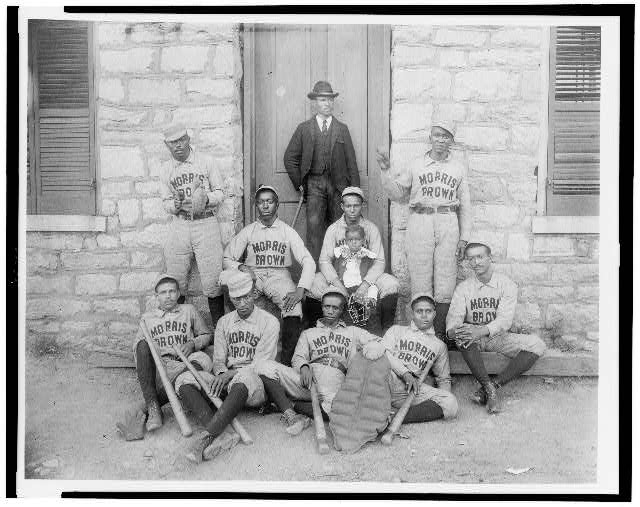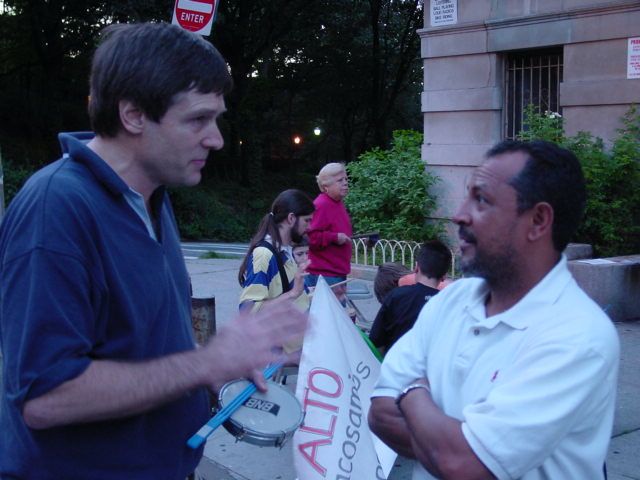The UAW victory at Volkswagen in Chattanooga, Tennessee, is not simply impressive; it is HUGE. With 3,613 ballots counted, some 73% of the workers voted in favor of union representation. (The final total was 2,628 votes in favor of joining the UAW, and 985 votes against.)
Clearly, the union gained the confidence of the VW workers after impressive UAW strikes and contract victories last year at “The Big Three.” This election in Tennessee has been closely watched because the union has struggled for years to organize foreign-owned auto operations in the South.
Will Mercedes-Benz in Alabama be next? Could be: Those workers vote next month. — Paul Baicich
…
It’s even better than you think.
I just got back from the biennial (except-for-covid) Labor Notes conference in Chicago. Years ago a gathering of labor dissidents and left-wing dreamers, over the last decade it’s become a site to celebrate some actual union victories: West Virginia and Chicago teachers, my own Local’s 2016 NYC Verizon strike. Two years past, as a sign of changing times, along with Bernie Sanders, two newly elected union presidents—Teamster’s Sean O’Brien and UAW’s Shawn Fain—addressed the Labor Notes convention in person.
As this year proved, that change was not a desperate gamble, but a promise. On Friday morning, UAW members were confidently predicting the big win in Chattanooga that materialized that night at 8 pm, and the conference was abuzz with talk of future victories at auto plants across the south.


